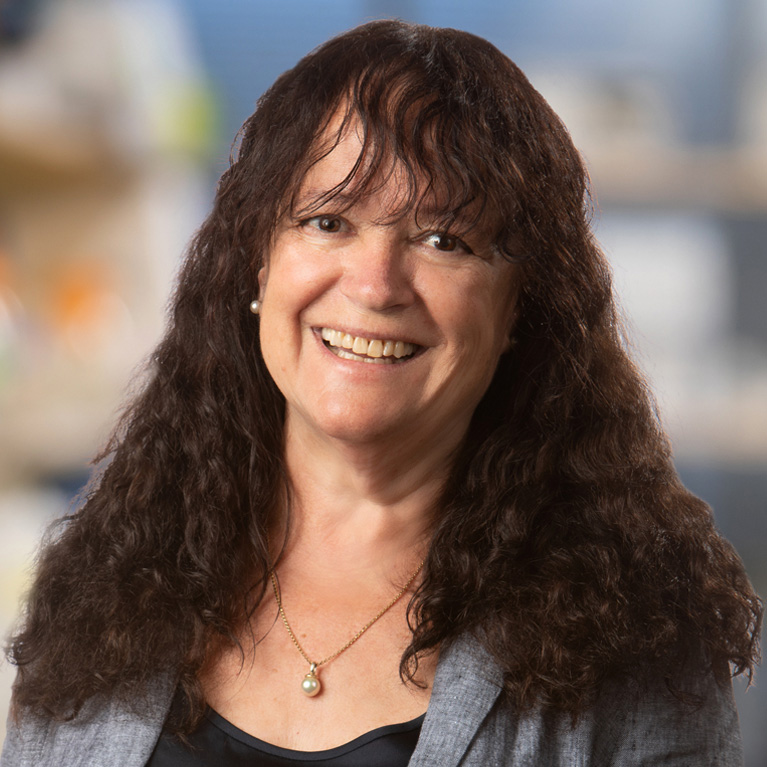Nine out of ten of the experiments we do fail. You're beaten in the head, not by your colleagues, by your own experiments. You really have to be resilient and keep the goal in front. My name is Maria Margarita Behrens, although I go by Marga. My title is Research Professor at the Salk. I was born in Uruguay, both parents are from there. My dad moved to Chile and I grew up there. I went to school there. I did biochemistry and then at the University of Chile, and then moved to Sao Paulo, Brazil to do my Master's thesis. I moved to Spain where I did my PhD. Both my parents are scientists, so it was inevitable, they are both chemists. Science was quite a big thing at home. It was the default. I was going to be an architect. I always liked the arts. I paint a little bit when I have time, but I had two loves, science and architecture. And one of them won, I thought science would fulfill me better. There I went, the biochemistry and my interest in the brain was early on when I was in school, and this is back in the '80s, the brain was a black box. So you would put an input and then you had an output. It was very difficult to study. You have to be a trail blazer to do something in science and not just do what is expected from you. My research is focused right now, quite concrete, on a part of a big team of the Brain Initiative, where we are trying to build atlases of brains of different species. We just finished the mouse brain, we're moving into the human brain. My interest is still neuropsychiatric disorders, and my belief is that during that neurodevelopmental phase, not early on, but when the brain matures after birth, an enormous amount of changes are happening. If those changes don't occur at the right time in an orchestrated manner, you will get a brain that will control the body and do its job, but is somewhat different from the middle of the calcium curve that we call normal. I think there is where all the schizophrenia, autism, depression, bipolar disorder starts generating. That's my passion to try to understand how the brain gets put together. Because then you can go and ask, if this goes wrong, what happened?

